The Role of Referees in Promoting Equality and Inclusion in Sports
2 December 2024
When you think about sports, you probably picture the athletes—those superstars who capture the world's attention with their talent, dedication, and perseverance. But there's another critical figure in every game that often goes unnoticed: the referee. Yes, that person wearing the striped shirt or carrying the whistle who ensures the game runs smoothly. However, referees do more than just enforce the rules. Their role goes far beyond blowing the whistle for fouls or signaling a goal. They have the power, whether they realize it or not, to promote equality and inclusion in sports.
In today’s world, where issues of diversity, equity, and inclusion are at the forefront of many discussions, referees have a unique responsibility. They aren't just rule enforcers; they are gatekeepers of fairness and integrity. This article dives deep into the role referees play in promoting equality and inclusion in sports, and why their influence is more significant than you might think.
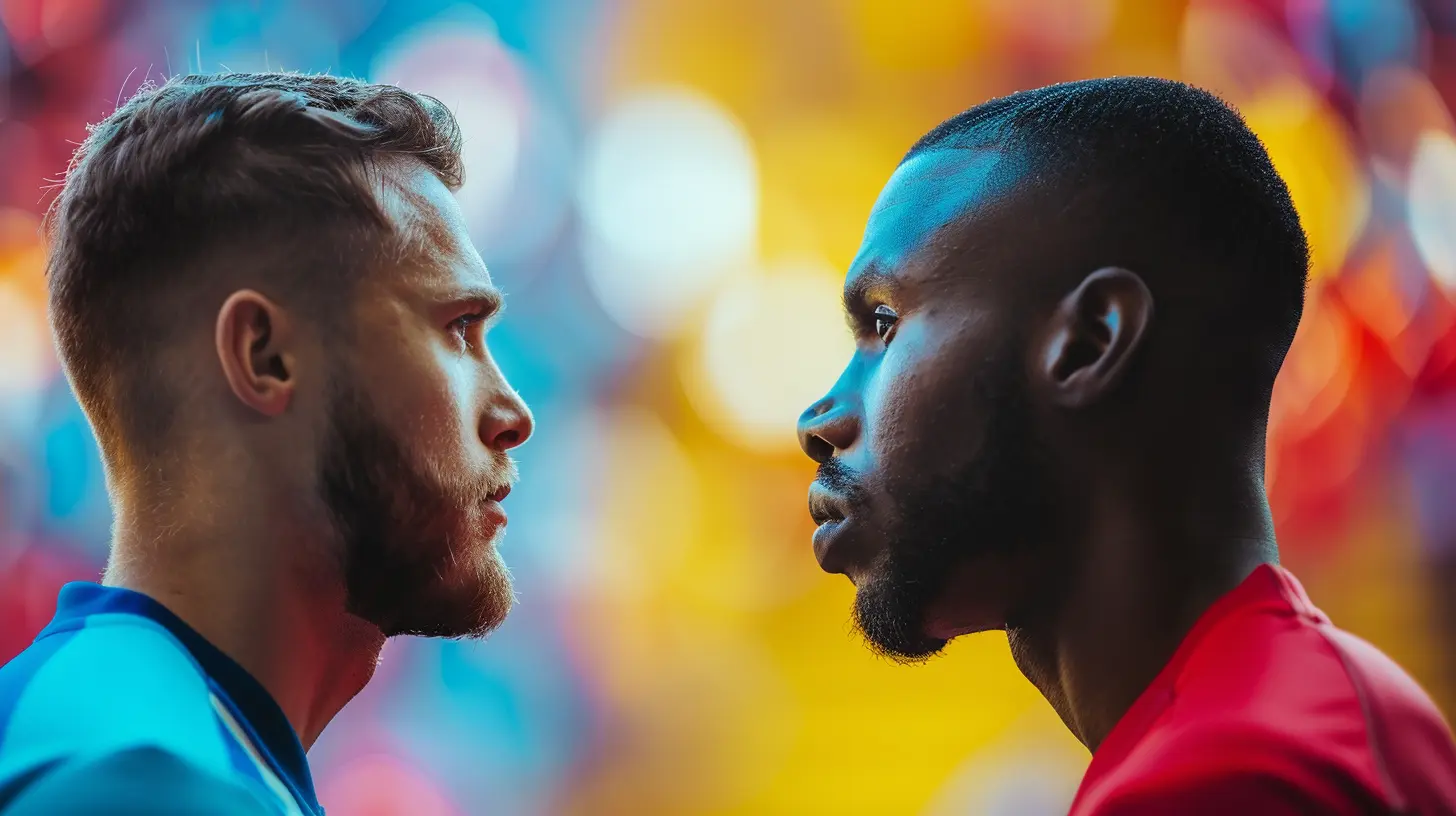
The Referee as an Impartial Arbiter
At the heart of every sport lies the principle of fairness. The idea is simple: no matter who you are or where you come from, everyone should have an equal opportunity to compete and succeed. Referees are there to ensure that this fairness is upheld. They are the impartial figures tasked with making sure that the rules are followed, and that no player or team has an unfair advantage.Sounds simple, right? Well, not so much. In a world where unconscious biases exist, a referee’s job becomes even more complex. They must be hyper-aware of their own biases—whether it’s regarding gender, race, or socioeconomic status—and make decisions that reflect true impartiality.
Breaking Down Bias
Let’s be real for a second—everyone has biases. It’s part of being human. But when you’re in a position of authority, like a referee, unchecked biases can have serious consequences. Imagine, for example, if a referee subconsciously favors one team over another because they’re from a more prestigious club or because they look a certain way. Suddenly, the game isn’t as fair as it should be. This is where the referee’s role in promoting equality becomes critical.Referees need to constantly check themselves, ensuring that their decisions are based solely on the actions within the game and not influenced by external factors. This helps create a level playing field where talent and teamwork, not favoritism or prejudice, decide the outcome.
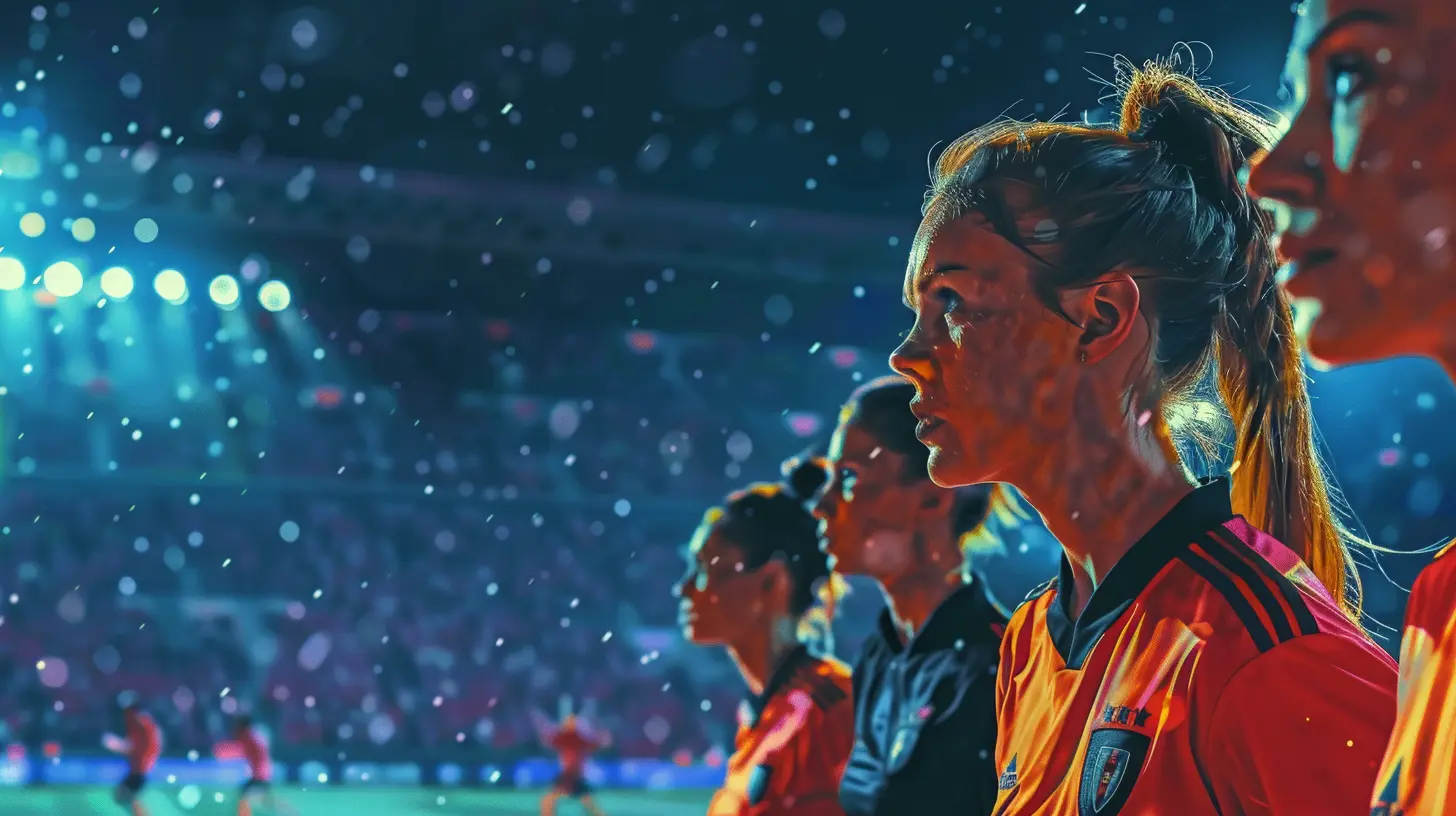
Referees and Gender Inclusion in Sports
Gender inequality in sports is nothing new—it’s an issue that has been debated and discussed for decades. From the wage gap between male and female athletes to the lack of media coverage for women’s sports, there’s no shortage of examples. And while much of the conversation centers on the athletes themselves, referees also play a crucial role in promoting gender equality.Breaking the Glass Whistle
For a long time, refereeing was a male-dominated profession, particularly in high-profile sports like football, basketball, and rugby. But things are changing. More and more women are stepping into the role of referee, breaking down barriers and showing the world that officiating isn’t just a man’s game. This shift is essential not only because it promotes gender equality among referees but also because it sends a powerful message to young athletes: sports are for everyone.When female referees are present on the field, they challenge outdated gender norms and stereotypes. They show that women can be just as authoritative, knowledgeable, and respected as their male counterparts. This visibility is critical for breaking down the barriers that many young girls face when trying to enter the world of sports.
Referees and Gender Bias
But it’s not just about having female referees. It’s also about how all referees, regardless of gender, approach their job. Gender bias can creep into refereeing decisions, whether consciously or subconsciously. For example, studies have shown that female athletes are sometimes penalized more harshly than male athletes for similar infractions. It’s up to referees to ensure that their decisions are consistent and fair, regardless of the athlete’s gender.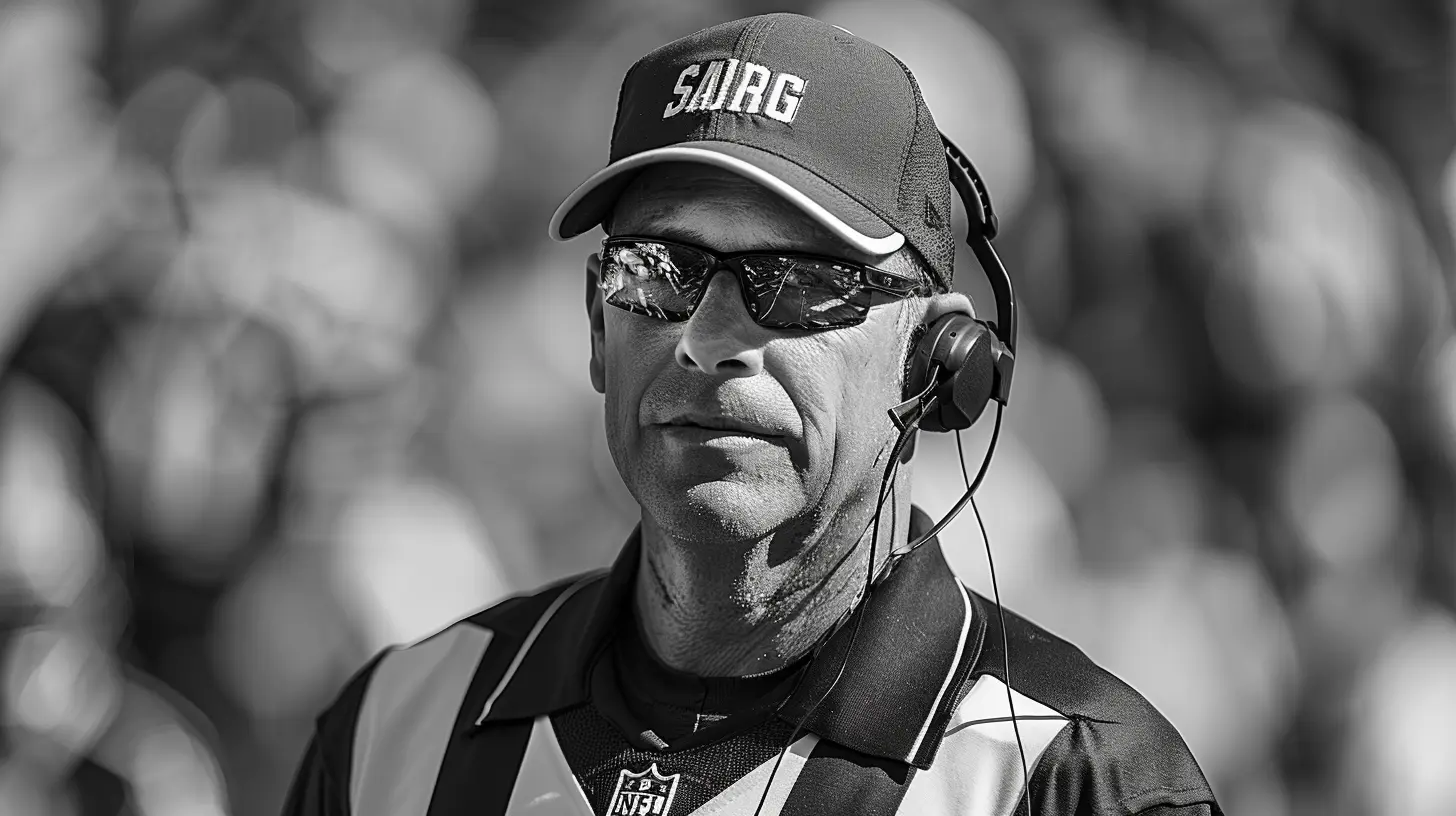
Referees and Racial Equality in Sports
Race is another area where referees have a significant impact. In many sports, racial minorities face discrimination, both on and off the field. Referees are in a powerful position to combat this. By enforcing the rules consistently and fairly, they can ensure that all players, regardless of their race, are treated equally.Tackling Racial Stereotypes
Racial stereotypes can influence how players are perceived and, consequently, how they are treated by referees. For example, black athletes are often stereotyped as being more aggressive or physical, which can lead to them being penalized more frequently than their white counterparts. Referees need to be aware of these stereotypes and actively work to ensure that they aren't affecting their decisions. The goal should be to judge each player based on their actions, not based on preconceived notions about their race.Dealing with Racism on the Field
Unfortunately, racism in sports isn’t just a thing of the past. Players of color still face racist abuse from fans, opponents, and, yes, sometimes even referees. It’s the referee’s job to take a stand against this. They must be quick to penalize any racist behavior and ensure that the game is a safe space for all athletes.In recent years, we’ve seen more referees take a hard stance against racism, stopping games when racist chants break out and issuing penalties for discriminatory behavior. This is a positive step forward, but there’s still work to be done. Referees need to continue leading the charge to make sports a more inclusive environment for everyone.
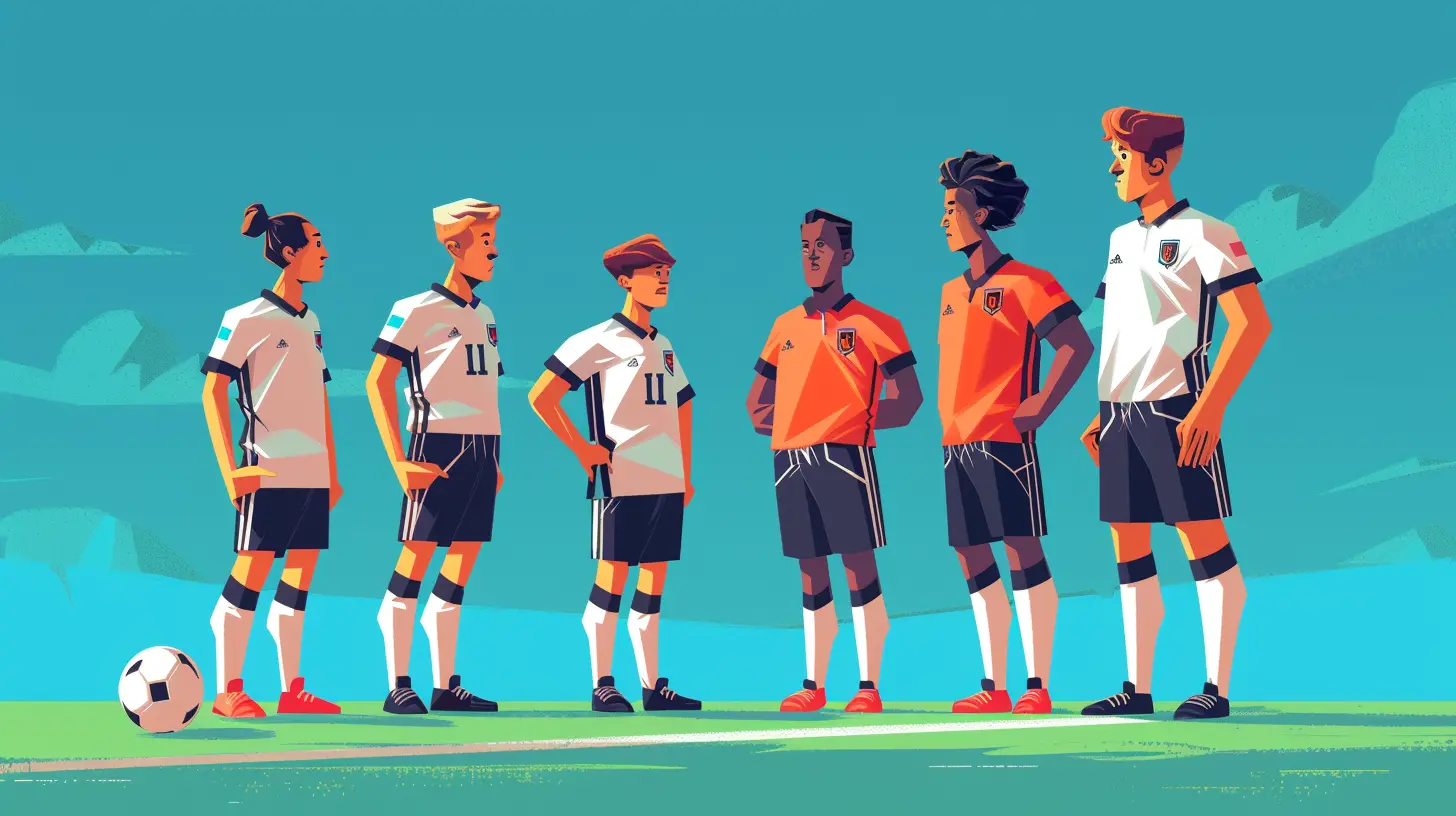
Disability Inclusion in Sports
When we talk about inclusion in sports, we can’t forget about athletes with disabilities. Whether it’s Paralympic athletes or individuals with physical or intellectual disabilities competing in mainstream sports, referees play an essential role in ensuring that these athletes are treated with respect and fairness.Understanding the Rules in Adaptive Sports
In adaptive sports, where athletes with disabilities compete, the rules are often modified to accommodate the players’ needs. Referees need to be familiar with these rules and ensure that they are applied correctly. This ensures that the competition is fair and that athletes with disabilities have the opportunity to succeed on an equal playing field.Inclusion in Mainstream Sports
But what about athletes with disabilities who compete in mainstream sports? Here, referees have an even greater responsibility. They need to ensure that these athletes are treated fairly and not discriminated against because of their disability. This could mean being more aware of how certain rules apply to athletes with disabilities or ensuring that the game environment is accessible to everyone.The Referee’s Role in Promoting LGBTQ+ Inclusion
Beyond issues of race, gender, and disability, referees also play a role in promoting inclusion for LGBTQ+ athletes. Sports have traditionally been a challenging space for LGBTQ+ individuals, with issues ranging from homophobic slurs to a lack of representation. Referees can help create a safer, more inclusive environment by taking a strong stance against homophobia and transphobia in sports.Enforcing Anti-Discrimination Policies
Many sports organizations have anti-discrimination policies that include protections for LGBTQ+ athletes. It’s the referee’s job to enforce these policies and ensure that any discriminatory behavior is quickly addressed. This includes penalizing players for using homophobic or transphobic slurs and ensuring that transgender athletes are treated with respect.Setting the Tone
Referees set the tone for the game. If they’re serious about promoting equality and inclusion, it sends a message to the players and fans that discrimination won’t be tolerated. This helps create a culture of respect and acceptance, both on and off the field.
Training and Education for Referees
So, how do we ensure that referees are equipped to promote equality and inclusion in sports? It starts with training and education. Referees need to be trained not only in the rules of the game but also in issues of diversity, equity, and inclusion. This means educating referees about unconscious bias, the specific challenges faced by marginalized groups in sports, and how to create a more inclusive environment.Continuous Improvement
Just like athletes, referees need to continually work on improving their skills. This includes not only improving their knowledge of the game but also their awareness of issues related to equality and inclusion. By staying informed and reflecting on their own biases, referees can help create a more fair and inclusive sports environment.Conclusion
Referees are more than just enforcers of the rules; they are the guardians of fairness, equality, and inclusion in sports. Whether it’s ensuring that players of all genders are treated equally, standing up against racism, or making sports more accessible for athletes with disabilities, referees have the power to shape the culture of the game.So, the next time you watch a game, remember that the referee isn’t just there to call fouls. They’re there to ensure that everyone—regardless of who they are or where they come from—has an equal opportunity to succeed. In a world where equality and inclusion are more important than ever, referees have a critical role to play in promoting these values in sports.
all images in this post were generated using AI tools
Category:
RefereeingAuthor:

Umberto Flores
Discussion
rate this article
21 comments
Tate Mercado
Great article! It’s crucial to recognize referees' role in fostering equality and inclusion in sports. Their decisions can significantly impact fairness and the overall spirit of the game.
February 24, 2025 at 5:56 AM

Umberto Flores
Thank you! I appreciate your recognition of the vital role referees play in promoting fairness and inclusion in sports.
Cypher McQuillan
This article beautifully highlights the crucial role referees play in fostering equality and inclusion in sports. Their impartiality and commitment to fairness not only enhance the game but also inspire respect and unity among players and fans alike!
February 7, 2025 at 12:49 PM

Umberto Flores
Thank you for your thoughtful comment! I'm glad you found the article highlights the vital role referees play in promoting equality and inclusion in sports. Their impact is indeed profound!
Leona McAleer
Referees: the ultimate peacekeepers in sports—keeping the game fair while dodging flying water bottles!
February 3, 2025 at 4:09 AM

Umberto Flores
Absolutely! Referees play a crucial role in promoting fairness and inclusion, often facing challenges on and off the field. Their commitment is vital for a level playing field.
Trixie Howard
Referees play a crucial role in fostering equality and inclusion in sports by enforcing rules consistently and fairly. Their decisions can influence perceptions of fairness, promoting respect among players and fans alike, ultimately contributing to a more inclusive sporting environment.
January 31, 2025 at 11:20 AM

Umberto Flores
Thank you for highlighting the vital role referees play in ensuring fairness and promoting respect in sports. Consistent enforcement of rules is essential for fostering an inclusive environment.
Camille McGinnis
Grateful for referees' crucial role in fairness!
January 26, 2025 at 3:31 AM

Umberto Flores
Thank you! Referees are indeed vital in ensuring fairness and upholding the values of equality and inclusion in sports.
Zevros McMurtry
This article highlights how referees play a crucial role in fostering equality and inclusion in sports. Their impartiality and decision-making significantly impact player behavior, ensuring a more respectful and fair environment for all participants. Well done!
January 21, 2025 at 5:34 AM

Umberto Flores
Thank you for your thoughtful comment! I'm glad you found the article highlights the important role referees play in fostering equality and inclusion in sports.
Elowen Phelps
Referees are crucial for enforcing fairness and inclusivity in sports.
January 18, 2025 at 3:52 AM

Umberto Flores
Thank you! Referees indeed play a vital role in ensuring fair play and fostering an inclusive environment in sports. Their authority and decisions can significantly impact the dynamics of the game.
Aaron McQuade
Can referees truly drive change in sports?
January 13, 2025 at 8:42 PM

Umberto Flores
Yes, referees can drive change by enforcing fair play, addressing discrimination, and setting an example for players and fans, thus fostering a more inclusive environment in sports.
Nyxaris Harper
Referees play a crucial role in fostering equality and inclusion in sports. Their commitment to fair play inspires athletes to embrace diversity and respect one another. By promoting a level playing field, referees not only uphold the game's integrity but also empower communities to unite through shared passions. Keep advocating for fairness!
January 9, 2025 at 9:43 PM

Umberto Flores
Thank you for your insightful comment! Indeed, referees are essential in promoting fairness and fostering an inclusive environment in sports. Their role helps create a positive impact on athletes and communities alike.
Orionyx Alexander
While referees are vital for fair play, their influence on equality and inclusion often hinges on systemic biases that must be addressed.
January 7, 2025 at 5:57 AM

Umberto Flores
Thank you for highlighting this important issue. Addressing systemic biases among referees is crucial for ensuring that their role in promoting equality and inclusion is effective and genuinely impactful.
Haze McQuaid
Referees can shape a more inclusive game.
January 2, 2025 at 5:39 AM

Umberto Flores
Absolutely! Referees play a crucial role in enforcing rules fairly and consistently, which helps foster an inclusive environment where all participants feel respected and valued.
Lauren Meyers
This article highlights a crucial aspect of sports that often goes unnoticed: the role of referees in fostering equality and inclusion. Their decisions significantly impact the game and can either uphold or undermine fairness. It's vital we recognize and support their efforts in championing inclusivity on the field.
December 30, 2024 at 4:00 AM

Umberto Flores
Thank you for your insightful comment! I completely agree that referees play a vital role in promoting fairness and inclusivity in sports. Their influence is often underestimated, and it's essential to recognize their contribution to fostering equality on the field.
Barbara Underwood
Referees are the unsung heroes of sports! Their commitment to fairness not only levels the playing field but also fosters a more inclusive atmosphere for everyone.
December 26, 2024 at 11:27 AM

Umberto Flores
Thank you for highlighting the vital role referees play! Their dedication is crucial in ensuring fairness and inclusivity in sports, helping to create a positive environment for all participants.
Zinna Cannon
Referees are champions of fairness, paving the way for equality and inclusion in sports. Every call matters!
December 20, 2024 at 1:42 PM

Umberto Flores
Thank you for highlighting the essential role referees play in fostering fairness and inclusivity in sports! Their decisions truly impact the game and promote a level playing field for all athletes.
Dax Mercado
Referees are the unsung heroes of equality in sports. Their decisions uphold fairness and inclusivity, proving that every athlete deserves a level playing field.
December 18, 2024 at 3:49 AM

Umberto Flores
Thank you for your insightful comment! Referees play a crucial role in ensuring fairness and inclusivity, and their decisions are vital for creating an equitable environment for all athletes.
Matilda McVicker
This article beautifully highlights how referees serve as crucial advocates for equality and inclusion in sports. Their commitment to fairness not only shapes the game but also inspires athletes and fans alike to embrace diversity. Well said!
December 14, 2024 at 9:33 PM

Umberto Flores
Thank you for your kind words! I'm glad the article resonated with you and highlighted the vital role referees play in promoting equality and inclusion in sports.
Gianna McGonagle
Referees play a vital role in fostering equality and inclusion in sports. Their commitment to fairness transcends the game, inspiring players and fans alike. Let’s celebrate their impact and continue advocating for a more inclusive sporting world together!
December 5, 2024 at 9:11 PM

Umberto Flores
Thank you for your insightful comment! I completely agree—referees are essential in promoting fairness and inclusivity in sports, and their influence extends beyond the field. Let's keep championing this important cause together!
Jamie McGill
Referees play a crucial role in fostering equality and inclusion, ensuring fair play and respect among athletes, ultimately shaping a more inclusive sports culture.
December 5, 2024 at 1:20 PM

Umberto Flores
Thank you for your insightful comment! Indeed, referees are vital in upholding fairness and respect, significantly contributing to a more inclusive sports environment.
Etta Monroe
This article beautifully highlights the crucial role referees play in fostering equality and inclusion within sports. Their commitment to fairness not only levels the playing field but also inspires athletes and fans alike. Let's celebrate these unsung heroes who champion respect and unity, making sports a true reflection of society.
December 4, 2024 at 3:51 AM

Umberto Flores
Thank you for your thoughtful comment! I'm glad you appreciated the article and recognize the vital role referees play in promoting fairness and unity in sports.
Dominic Snyder
How do referees influence player behavior and foster a culture of inclusion in competitive sports? Curious!
December 3, 2024 at 1:37 PM

Umberto Flores
Referees influence player behavior by enforcing rules consistently and fairly, which sets a tone of respect and accountability. Their active promotion of inclusivity—through equitable decision-making and addressing discriminatory behavior—fosters a culture of respect and cooperation among players, ultimately enhancing the spirit of fair play in competitive sports.
Molly McCarthy
It's inspiring to see the vital role referees play in fostering equality and inclusion in sports. Their commitment to fairness not only shapes the game but also creates a more welcoming environment for all athletes. Let's continue to support these efforts, ensuring that every voice is heard and valued on the field.
December 2, 2024 at 10:00 PM

Umberto Flores
Thank you for your insightful comment! Referees indeed play a crucial role in promoting equality and inclusion, and their commitment enhances the sporting experience for everyone. Let's keep advocating for fairness and respect in sports!
MORE POSTS

The Rivalry for the Ages: Brazil vs. Argentina in Soccer

Refereeing in Contact Sports: Safety vs Fair Play

Overcoming Gym Anxiety: Confidence Tips for Beginners

Cricket’s Greatest Rivalry: India vs. Pakistan Showdowns
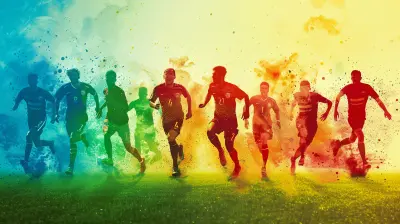
The Anatomy of a Perfect Club Squad: Building from the Ground Up

Breaking Down the Biggest Refereeing Decisions in Major Sports History

The Role of Technology in Modernizing Club Team Operations

When Sports Become a Crime Scene: Legal Battles and Scandals in Athletics

The Role of Leadership in Hockey: What Makes a Great Captain?
Analyzing the Most Iconic Knockouts in Boxing

The Benefits of Cross-Training: Mixing Up Your Workouts

Inside the Training: A Day in the Life of Elite Club Athletes

The Best Golf Destinations for a Perfect Vacation